Insightful Features
Workpuls Productivity Talks Ep 3 - Chris Kaiser
Join us in the new Workpuls Productivity Talks episode as we're talking to Chris Kaiser about productivity tips any entrepreneur can apply to their daily life

.png)
Trusted by 5,100+ teams • Rated #1 High Performer on G2 • Productivity gains up to 92+%
No credit card required

Top Rated Software Globally. Loved by Customers.

.jpg)
.jpg)
.jpg)